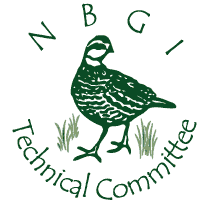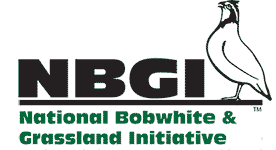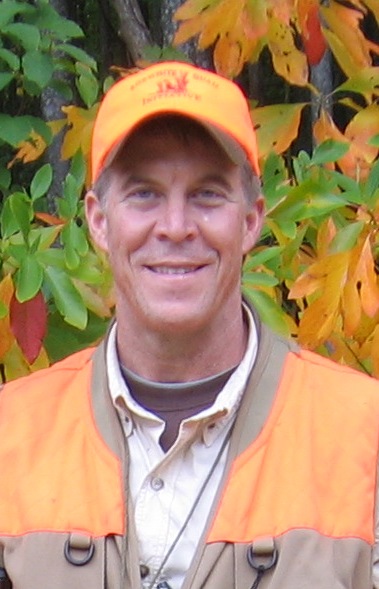Even as this post aims to highlight the central importance of the states to the future prospects for restoring bobwhites, our thoughts and prayers go out to those in many of those states – including Alabama, Georgia, Tennessee, Kentucky, Virginia, Mississippi and Arkansas — who have lost family members or friends, or have seen their or their neighbors’ homes and businesses destroyed during waves of violent weather this spring. In fact, according to AP today, 328 people across those seven states died just last week in the nation’s deadliest tornado outbreak since the Great Depression. While my family has spent a lot of time in our own “fraidy hole” ducking multiple close tornadoes in central Arkansas, the impact personally has otherwise been limited. Rising waters forced the evacuation of my office and equipment storage areas. My brother watched helplessly as a giant tornado gutted his hometown of Tuscaloosa. So many other others have not been as fortunate. Let’s all keep those folks in our thoughts.– Don
Bobwhites are the legal authority and responsibility of the state wildlife agencies. That’s just the way it is for resident (non-migratory) species of wildlife. The federal government has no formal role or responsibility … unless bobwhites get listed under the Endangered Species Act. No one wants to go there. 
The NBCI started out in 2002 as a strategic plan of the states, but has become much more. The plan started the ball rolling in earnest; since then, collaborations have made it snowball to the national level.
<
p style=”text-align: left;”>


